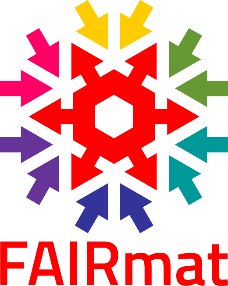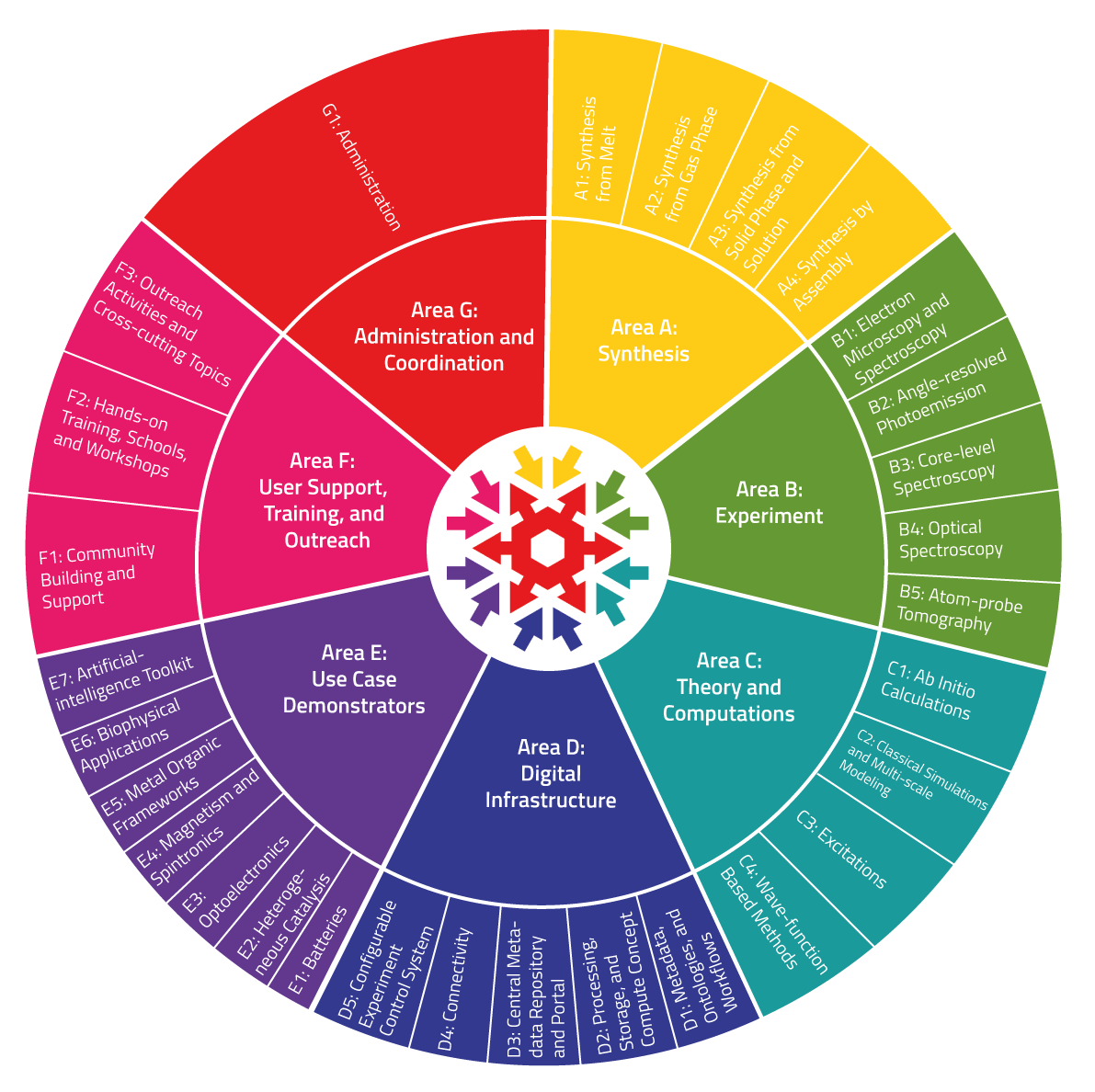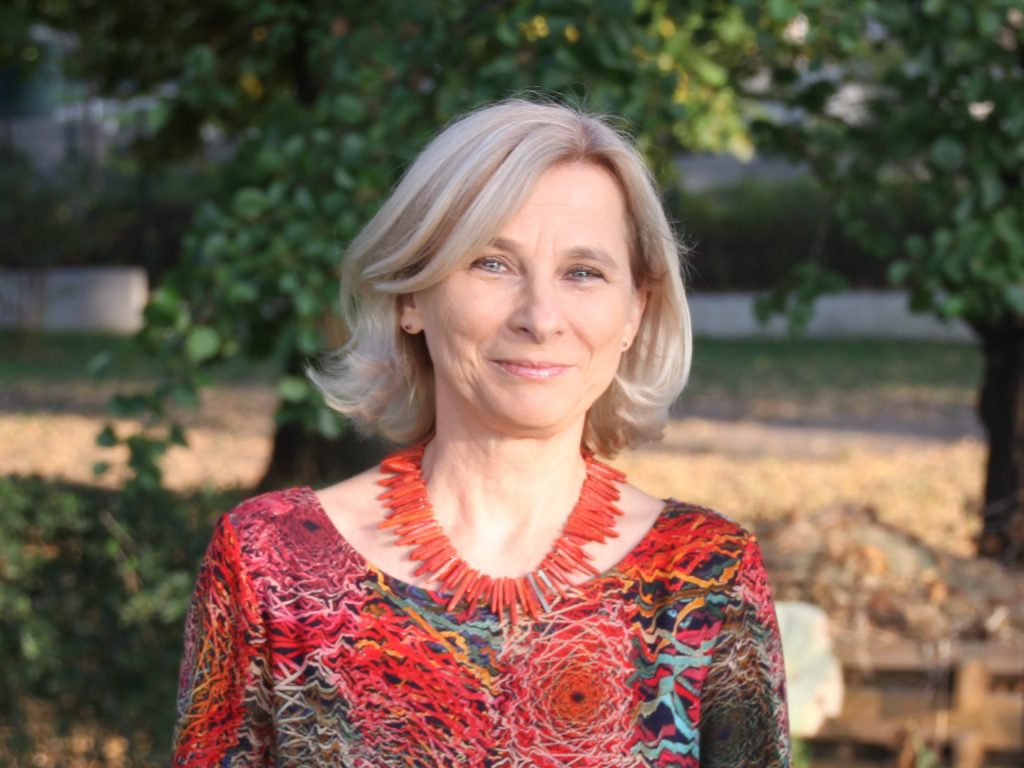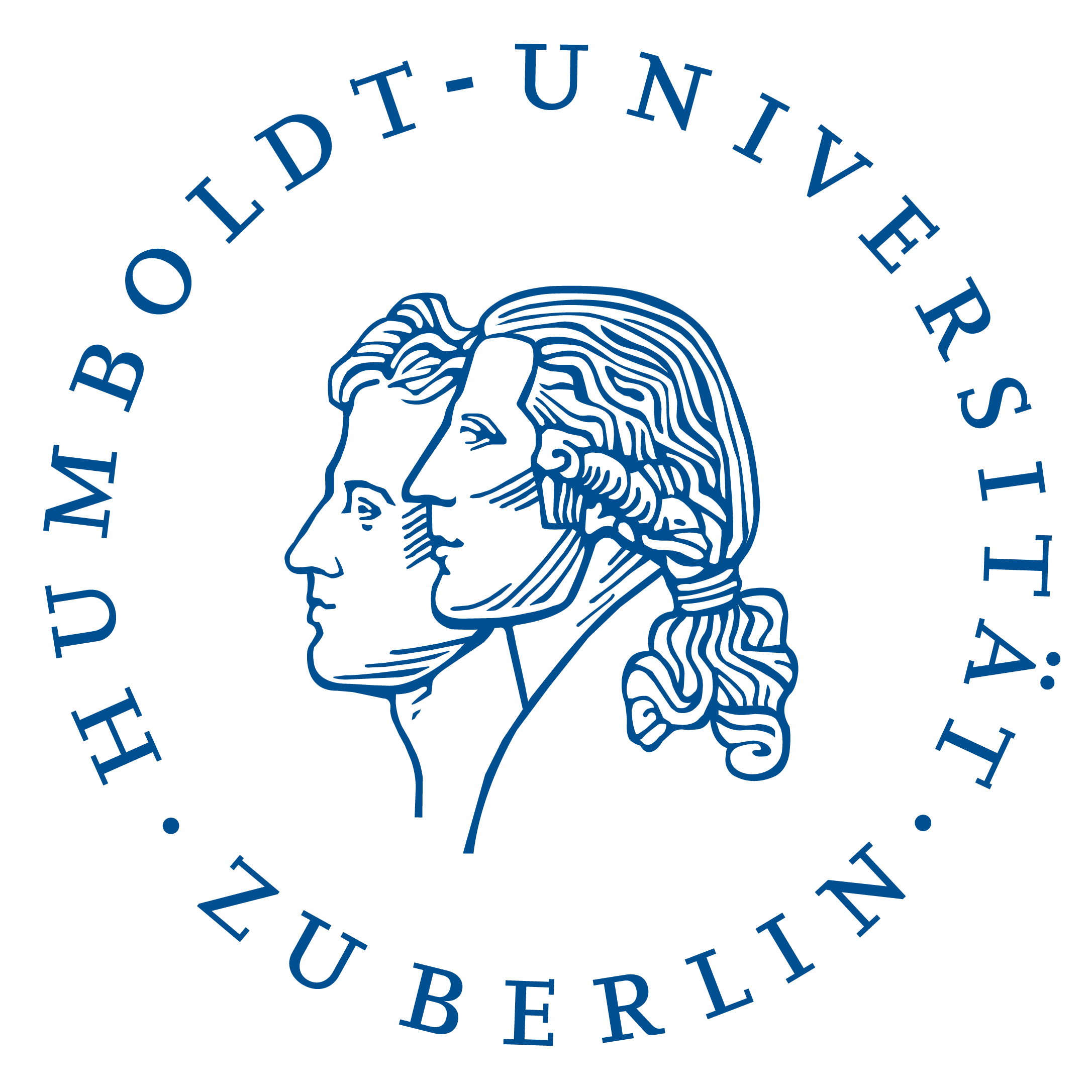
About us
Scientific data are a significant raw material of the 21st century. To exploit their value, a FAIR – Findable, Accessible, Interoperable, and Re-purposable – data infrastructure (DI) is a must. Making data Findable and AI Ready (an alternative interpretation of the acronym) will change the way in which science is done today. For the wider field of condensed-matter physics and the chemical physics of solids, FAIRmat sets out to make this happen. Integrating synthesis, experiment, theory, computations, and applications, it will substantially further the basic physical sciences, reaching out to chemistry, engineering, industry, and society.
Why are FAIRmat’s research data so important? Simply speaking, the prosperity and lifestyle of our society are very much governed by achievements of this field as new products from the energy, environment, health, mobility, IT sectors, etc. rely on improved or novel materials. Examples are solid-state lighting, touch screens, batteries, implants, and many more. Without an efficient DI, the data are neither easily accessible nor re-usable.
FAIRmat represents a broad community of numerous researchers from universities and leading institutions in Germany. It builds on extensive experience with the worldwide biggest data infrastructure in computational materials science, the Novel Materials Discovery (NOMAD) Laboratory and the association FAIR-DI e.V. FAIRmat aims at covering the full breadth of the Condensed Matter Section of the German Physical Society with its 12 divisions, and is further supported by the Chemistry, Physics, and Technology Section of the Max Planck Society, the Bunsen Society for Physical Chemistry, and more. It is fully embedded internationally, e.g., in the RDA, the EOSC, GO FAIR, etc. and has signed Memoranda of Understanding with leading institutions worldwide, for example NIST (USA), Shanghai University (China), and CSC (Finland). FAIRmat will continue to raise awareness and acceptance of a FAIR research-data infrastructure in Germany, Europe, and beyond.
Goals
FAIRmat wants to
- Convince scientists to also share data they consider useless for their present purpose-oriented research;
- Reach out within and beyond its community providing advice, training, and user support;
- Create a federated FAIR DI for materials data with a central hub, the FAIRmat Portal;
- Advance and develop metadata schemas and ontologies;
- Enable efficient exchange of the FAIR research data, ensuring that the FAIRmat DI will advance basic science of condensed-matter and materials physics with very little burden for active researchers and also be of great value for engineering.
Task Areas
Area A- Synthesis
aims at making sample synthesis reproducible, finding hidden synthesis parameters, accelerating the development of novel materials by devising synthesis recipes, and making characterization data of synthesized materials assessable.
Area B – Experiment
will implement FAIR data principles in key experimental condensed-matter physics diciplines and make their adaption very appealing, simple, and popular.
Area C – Theory
will integrate the NOMAD Laboratory, significantly enhance its infrastructure and services by adding recent ab initio advancements, classical simulations, multi-scale modelling, and excitations, and prepare the incorporation of other theoretical methods.
Area D – Data Infrastructure
will lay the foundation of a federated research data infrastructure for the wider condensed-matter and chemical-physics community.
Area E – Use-case Demonstrators
will demonstrate the functionality of the FAIRmat DI and possibly identify weaknesses to be improved. It will show how the developed DI tools will significantly support the research of the various sub-communities and highlight handshakes with other consortia.
Area F – User Support, Training, and Outreach
reaches out to the community, provides ample information and training, fosters awareness for FAIR-data issues, and returns suggestions to Areas A-E for improvement.
Area G – Administration and Coordination
is dedicated to coordination issues – both within FAIRmat and within the NFDI.


Prof. Dr. Claudia Draxl
Speaker of the consortium
(Co-)applicant institutions and (co-)speakers:
- Leibniz-Institut für Kristallzüchtung (IKZ) – Martin Albrecht
- Friedrich-Alexander-Universität Erlangen-Nürnberg (FAU) – Heiko Weber
- Ruhr-University Bochum (RUB) – Silvana Botti
- Technical University of Munich (TUM) – Hans-Joachim Bungartz
- Karlsruhe Institute of Technology (KIT) – Christof Wöll
- FAIR-DI e.V. – Claudia Draxl

Humboldt-Universität zu Berlin
Applicant institution
Participating Institutions
- German Physical Society (DPG)
- Leibniz Information Centre for Science and Technology (TIB)
- Max Planck Computing and Data Facility (MPCDF)
- Technical University of Kaiserslautern
- Jülich Supercomputing Centre
- Fritz Haber Institute of the Max Planck Society
- Heidelberg University
- Research Center Jülich (FZJ)
- Max Planck Institute for Chemical Physics of Solids
- Leipzig University
- Ulm University
- Technical University Berlin
- Leibniz Institute for Interactive Materials (DWI)
- Technical University Dresden (TU Dresden)
- Max Planck Institute for Chemical Energy Conversion
- Friedrich Schiller University Jena
- Justus Liebig University Giessen
- Georg-August-University Göttingen
- Martin-Luther-University Halle-Wittenberg
- University Duisburg-Essen
- Max-Planck-Institut für Eisenforschung GmbH
- Zuse Institute Berlin
- Christian-Albrechts-Universität zu Kiel
- Helmholtz Zentrum Berlin
- Goethe University Frankfurt
- University of Cologne
- Helmholtz Zentrum Dresden-Rossendorf
- Technical University of Darmstadt
- Max Planck Institute for Polymer Research

Prof. Dr. Claudia Draxl
Speaker of the consortium

Humboldt-Universität zu Berlin
Applicant institution
(Co-)applicant institutions and (co-)speakers:
- Martin Albrecht – Leibniz-Institut für Kristallzüchtung
- Mark Greiner – Max Planck Institute for Chemical Energy Conversion
- Dr. Matthias Scheffler – Fritz Haber Institute of the Max Planck Society & FAIR-DI e.V.
- Dr. Hans-Joachim Bungartz – Technical University of Munich
- Dr. Christof Wöll – Karlsruhe Institute of Technology
Participating Institutions
- DWI – Leibniz Institute for Interactive Materials
- Friedrich Schiller University Jena
- Georg-August-University Göttingen
- German Physical Society
- Goethe University Frankfurt
- Helmholtz Zentrum Berlin
- Jülich Supercomputing Centre
- Justus Liebig University Giessen
- Leibniz Institute for Analytical Sciences
- Leipzig University
- Martin-Luther-University Halle-Wittenberg
- Max Planck Computing and Data Facility
- Max Planck Insitute for Chemical Physics of Solids
- Max Planck Institute for Polymer Research
- Max-Planck-Institut für Eisenforschung GmbH
- Research Center Jülich
- Ruhr-University Bochum
- Technical University Berlin
- Technical University Dresden
- Technical University of Kaiserslautern
- TIB Leibniz Information Centre for Science and Technology
- Ulm University
- University Erlangen-Nürnberg
- Zuse Institute Berlin